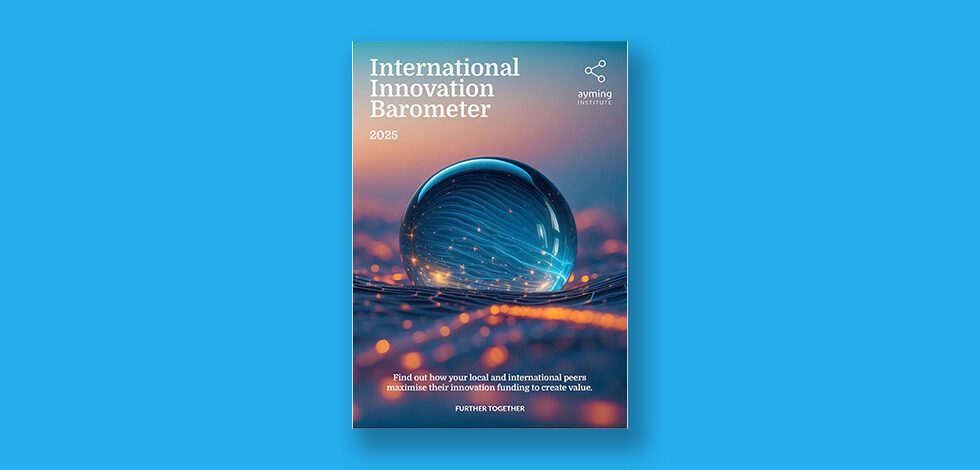Since the famous success of Spindletop, North America’s Oil and Gas Industry is consumed by the drive for innovation. Today, the pressure to innovate while maintaining cost efficiencies is even greater with increased government regulations, strengthening environmental pressures, and fluctuating energy prices. The pressure is most acutely felt by the supporting Oilfield Services Industry, which is constantly under pressure from oil and gas producers’ ever-growing demand for cost effective solutions to the production, transportation, and refinement of oil and gas.
Innovation and advanced technologies are fundamental to the continued evolution and success of the energy industry and to keep pace in this dynamic environment oilfield services must invest in research and development (R&D) activities to remain competitive.
However, while oilfield service companies conduct significant R&D activities, many do so without taking advantage of the R&D tax credit. Due to misinformation or lack of understanding, most oilfield service companies are simply unaware that activities such as rig and platform structure design, improving protection and safety systems, engineering design of pressure vessels and process equipment or improvements in transportation methods, are all qualified activities for the R&D tax credit.
With Ayming’s global experience, we have seen other industries fail to take advantage of credits, but we have also seen and helped others who face similar innovation pressures take full advantage of the valuable tax credits for their existing activities.
Although (rightly) seen as unrelated, companies in the Food and Beverage Industry face similar innovation pressures to the oilfield service market. The challenge of feeding a constantly growing population requires significant innovation from biologists, chemists, engineers, dietitians, and other food scientists to ensure food and beverage companies are keeping up with market demands, food consumption trends, and constant government regulatory changes. Like oilfield service companies, food and beverage manufacturers are constantly designing new products, improving existing products, or creating new or improved processes or formulas in order to remain competitive.
In addition to providing new or improved food and beverage options, companies must keep up with market trends that include sodium reduction, elimination of sugar, gluten-free products, meat-flavored vegetable products, and other environmentally friendly and sustainable options. Oilfield service companies may serve a different master but are also impacted by external trends with increased pressure from environmental bodies and local governments to minimize negative impacts on communities and eco-systems located close to oil and gas fields.
To offset the costs associated with food and beverage innovations in a closely regulated industry, many food and beverage companies have successfully turned to the R&D Tax Credit Program. In 2018, Ayming performed an R&D tax credit study for a bakery and chocolatier ingredients company with an annual revenue of $283M. This client developed new production processes that incorporated innovations that improved product shelf-life and increased the nutritional content of products. As important as it is in motor oil, the measure of viscosity of chocolate is a major factor in chocolate production and processing and their efforts to control it qualified for $2.6M in R&D tax credits.
The key to maximize the credit is to understand the qualifying activities and using dedicated experts to properly and effectively assess all possible qualifying activities. Reliance on traditional tax preparation is the smart thing to do for traditional tax compliance, but companies need experienced experts to identify all activities that are now included in the comprehensive qualified criteria for the research credit. With external pressure continuing to build, the R&D Tax Credit is a proven benefit which will allow oilfield service companies to fund their ongoing operations through their daily continued innovation initiatives. And in this volatile energy environment it’s interesting to have another reason for being a foodie!















No Comments